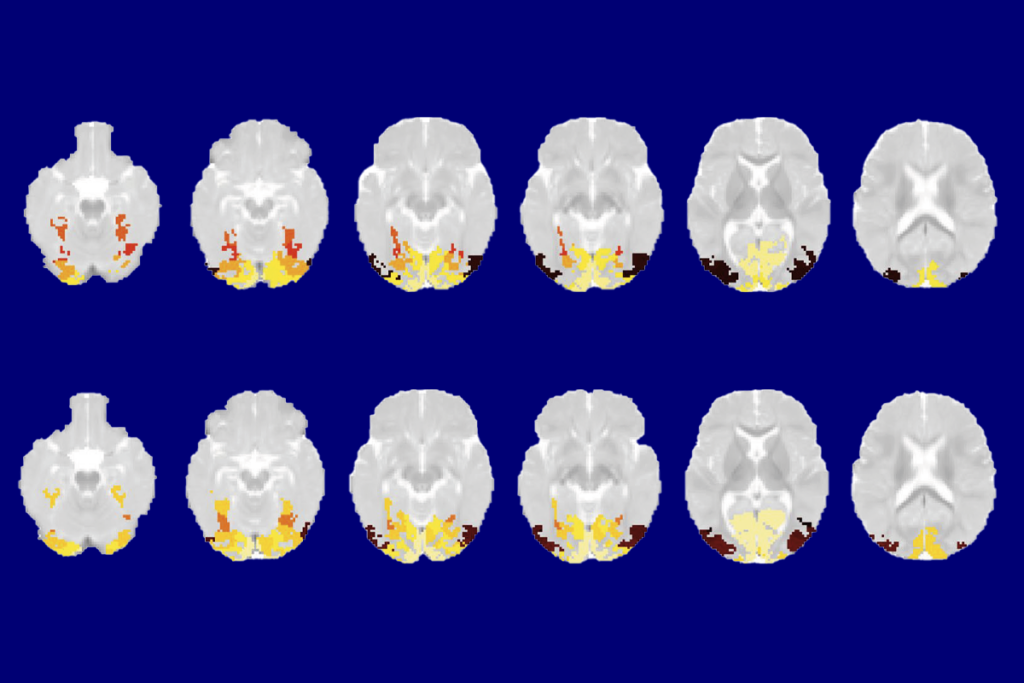Mark Wallace is dean of the graduate school at Vanderbilt University in Nashville, Tennessee.

Mark Wallace
Director of the Vanderbilt Brain Institute
From this contributor
We need precise measurements of sensory traits related to autism
Separating sensitivity to sensory stimuli from the response to the stimuli may help scientists understand the root cause of sensory traits in autistic people.

We need precise measurements of sensory traits related to autism
Timing is key to understanding sensory, social issues in autism
Individuals with autism have trouble reading social cues because their brains connect sights and sounds over unusually long periods of time.

Timing is key to understanding sensory, social issues in autism
Explore more from The Transmitter
Marcelle Lapicque: A forgotten pioneer in neuroscience
Lapicque was the first Black woman neuroscientist in Europe, new research suggests.
Marcelle Lapicque: A forgotten pioneer in neuroscience
Lapicque was the first Black woman neuroscientist in Europe, new research suggests.
In-vivo base editing in a mouse model of autism, and more
Here is a roundup of autism-related news and research spotted around the web for the week of 23 February.

In-vivo base editing in a mouse model of autism, and more
Here is a roundup of autism-related news and research spotted around the web for the week of 23 February.
Infant visual system categorizes common objects by 2 months of age
Brain activity patterns in the ventral visual cortex appear to distinguish images across 12 categories, including birds and trees, longitudinal functional MRI scans suggest.

Infant visual system categorizes common objects by 2 months of age
Brain activity patterns in the ventral visual cortex appear to distinguish images across 12 categories, including birds and trees, longitudinal functional MRI scans suggest.